As the countdown to 2024 begins, marketers across the board are gearing up to navigate the ever-evolving landscape of consumer engagement. This annual ritual of peering into the crystal ball, projecting trends, and charting courses is a testament to the dynamism of our industry.
With emerging technologies, shifting consumer behavior, and the ever-changing digital landscape, marketers must stay ahead of the curve to remain competitive. At PHENYX, we understand the importance of being proactive and adaptable in the face of emerging technologies and shifting consumer behaviors.
That's why we're excited to share with you the top marketing trends for 2024 and how they can benefit your brand.
Artificial Intelligence (AI) and Machine Learning

Artificial intelligence and machine learning are more than just buzzwords; they are indispensable tools in today's marketer's toolkit. In 2024, these technologies will continue to revolutionize marketing strategies. AI enables us to analyze vast amounts of data, personalize customer experiences, and automate tasks like never before.
Predictive analytics, powered by AI, allows us to anticipate consumer behavior, leading to more precise targeting and better campaign outcomes. AI-driven chatbots offer instant customer support and engagement, ensuring your audience receives the attention they crave.
Personalization at Scale
In 2024, consumers will no longer be satisfied with generic marketing messages. They expect brands to understand their preferences and deliver personalized experiences. Personalization at scale will continue to be a top marketing trend, and AI will play a pivotal role in achieving it.
Marketers will leverage AI-driven insights to create highly targeted and relevant content for individual customers. From personalized email campaigns to product recommendations, personalization will enhance customer engagement and loyalty.
Sustainability and Ethical Marketing
Sustainability and ethical practices are gaining traction in marketing. Consumers are becoming more conscious of the environmental and social impact of their purchases. Brands that embrace sustainability and ethical marketing will have a competitive edge in 2024.
This trend goes beyond greenwashing. Companies will need to genuinely commit to eco-friendly practices and transparent communication about their efforts. Expect to see more brands promoting their sustainability initiatives and using them as a selling point.
Interactive Content and Experiences
Interactive content has been on the rise for a few years, but in 2024, it will reach new heights. Marketers will increasingly turn to interactive formats such as quizzes, polls, augmented reality (AR), virtual reality (VR), and immersive storytelling to engage their audiences.
Interactive experiences not only capture attention but also provide valuable data on customer preferences and behavior. Brands that can create memorable and engaging interactive content will stand out in a crowded digital landscape.
Voice Search Optimization
Voice search continues to grow in popularity, thanks to the proliferation of smart speakers and voice-activated devices. In 2024, optimizing for voice search will be crucial for digital marketers. It requires a different approach than traditional text-based SEO, focusing on natural language and conversational queries.
To succeed in voice search, brands should create content that answers specific questions and provides concise, informative responses. Additionally, optimizing for local voice search is vital for businesses with physical locations.
Video Marketing Dominance

Video marketing remains a powerful tool for capturing and holding audiences' attention. In 2024, we can expect video content to become even more dominant in marketing strategies. Short-form videos, live streaming, and user-generated content (UGC) will continue to thrive on social platforms. Brands that can tell compelling stories through video and leverage video advertising effectively will connect with their audiences on a deeper level. Live streaming events and product launches will also become more commonplace.
Social Commerce and Shoppable Content
Social commerce has been on the rise, but in 2024, it will become an integral part of the online shopping experience. Social media platforms will continue to integrate shopping features, allowing users to browse and purchase products without leaving the app.
Marketers should focus on creating shoppable content, including posts, stories, and videos that enable direct purchasing. Influencer marketing will also play a significant role in driving sales through social commerce.
Niche and Micro-Influencers
Influencer marketing is evolving, with a shift toward niche and micro-influencers. These influencers have smaller but highly engaged and loyal followings. In 2024, brands will recognize the value of partnering with influencers who have a genuine connection with their target audience.Working with niche and micro-influencers allows for more authentic and relatable content, driving better results and higher conversion rates.
Augmented Reality (AR) Advertising

Augmented reality (AR) is becoming more accessible and will be used creatively in advertising campaigns. Brands will employ AR to provide interactive and immersive experiences to their customers. This can include virtual try-ons for fashion brands, AR product demonstrations, and gamified marketing experiences. AR advertising not only grabs attention but also provides a memorable and engaging way for consumers to interact with products and brands.
Conclusion
As we step into 2024, the marketing landscape continues to evolve rapidly, driven by emerging technologies and changing consumer expectations. To stay competitive, marketers must adapt and embrace these trends, integrating them into their strategies to reach and engage their target audiences effectively.
From the power of artificial intelligence and personalization to the growing importance of sustainability and ethical marketing, the marketing trends of 2024 offer exciting opportunities for brands to connect with customers in new and meaningful ways. By staying ahead of the curve and leveraging these trends, marketers can navigate the evolving digital landscape with confidence and creativity.
FAQ - Top Marketing Trends to Watch Out for in 2024
What is the role of artificial intelligence (AI) in marketing, and how will it impact marketing strategies in 2024?
AI in marketing serves multiple purposes, including data analysis, personalization, automation, and predictive analytics. In 2024, AI will play an even more significant role by helping marketers make data-driven decisions, create highly personalized content, automate routine tasks, and predict consumer behavior with greater accuracy. This enables more effective targeting and improved campaign outcomes.
How can businesses effectively implement personalization at scale in their marketing campaigns?
Implementing personalization at scale involves leveraging AI and customer data to tailor content and messaging to individual preferences. Businesses can achieve this by collecting and analyzing customer data, segmenting their audience, creating personalized content, and using automation to deliver tailored experiences across various touchpoints.
Why is sustainability and ethical marketing important for brands, and what are some examples of successful initiatives?
Sustainability and ethical marketing are important because consumers are increasingly conscious of their environmental and social impact. Brands that commit to sustainable practices and transparently communicate their efforts can build trust and loyalty. Successful initiatives include eco-friendly product lines, carbon-neutral commitments, and fair labor practices, among others.
What are some interactive content formats, and how can they enhance customer engagement?
Interactive content formats include quizzes, polls, AR/VR experiences, and live streaming. They enhance engagement by providing an immersive and participatory experience for the audience. Interactive content captures attention, encourages interaction, and can provide valuable insights into customer preferences and behaviors.
How can businesses optimize their content and strategies for voice search in 2024?
To optimize for voice search, businesses should focus on natural language, conversational queries, and long-tail keywords. Providing concise, informative answers to specific questions is crucial. Additionally, optimizing for local voice search, ensuring mobile-friendliness, and creating structured data for search engines are key tactics.
What are the key advantages of video marketing, and how can brands leverage it to connect with their audiences?
Video marketing offers advantages such as higher engagement, better storytelling, and the ability to convey complex information. Brands can leverage video by creating engaging content, including live streaming events, product demonstrations, and user-generated content to connect with their audiences on a deeper emotional level.
How can businesses utilize social commerce and shoppable content to drive sales through social media platforms?
To leverage social commerce, businesses can set up shoppable posts and stories on social media platforms, allowing users to make purchases directly. They should also collaborate with influencers and use engaging visuals and descriptions to make the shopping experience seamless and enjoyable for customers.
What is the difference between niche and micro-influencers, and why are they gaining prominence in influencer marketing?
Niche influencers have a smaller but highly targeted audience, while micro-influencers have smaller followings in general. Both types offer more authentic and relatable connections with their audience, making their recommendations more trustworthy. They are gaining prominence because authenticity and niche expertise are valued by consumers.
How can augmented reality (AR) be integrated into advertising campaigns, and what benefits does it offer to brands and consumers?
AR can be integrated into advertising campaigns through virtual try-ons, product demonstrations, and gamified marketing experiences. Brands benefit from increased engagement, enhanced brand perception, and more memorable experiences. Consumers enjoy interactive and immersive encounters with products and brands, making the buying process more engaging and enjoyable.





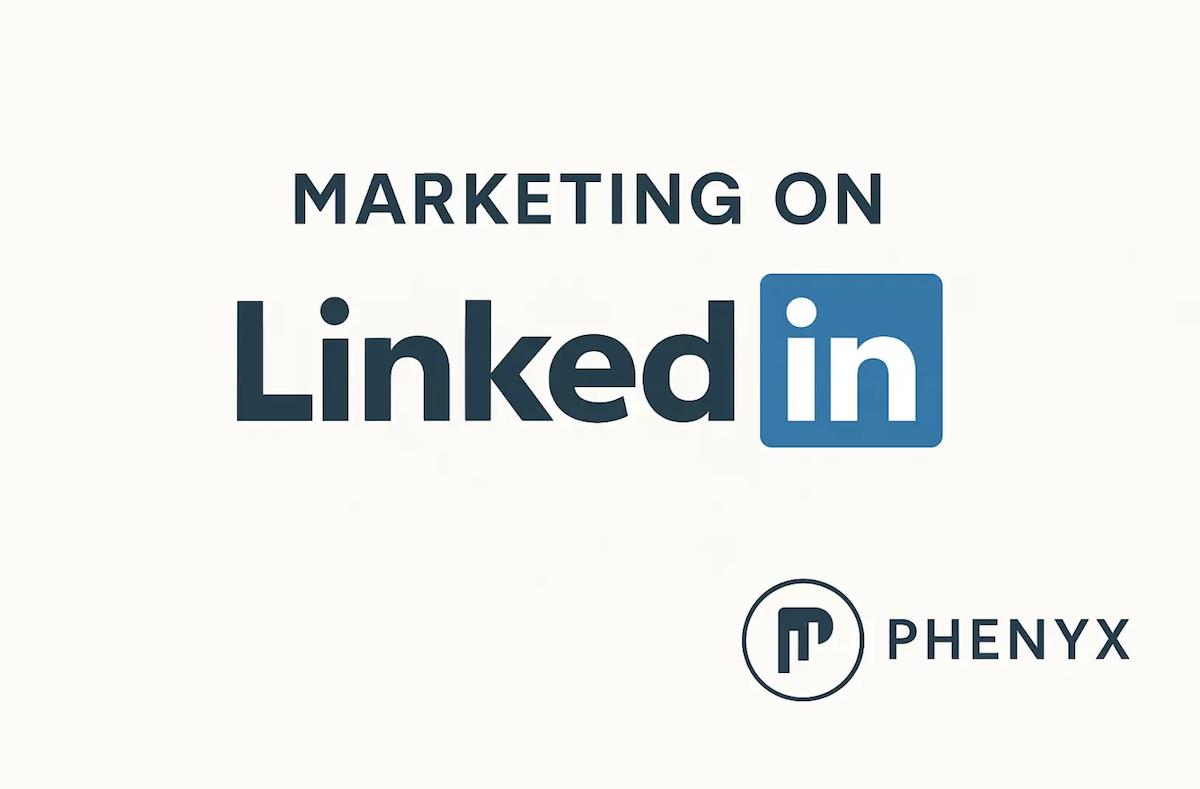

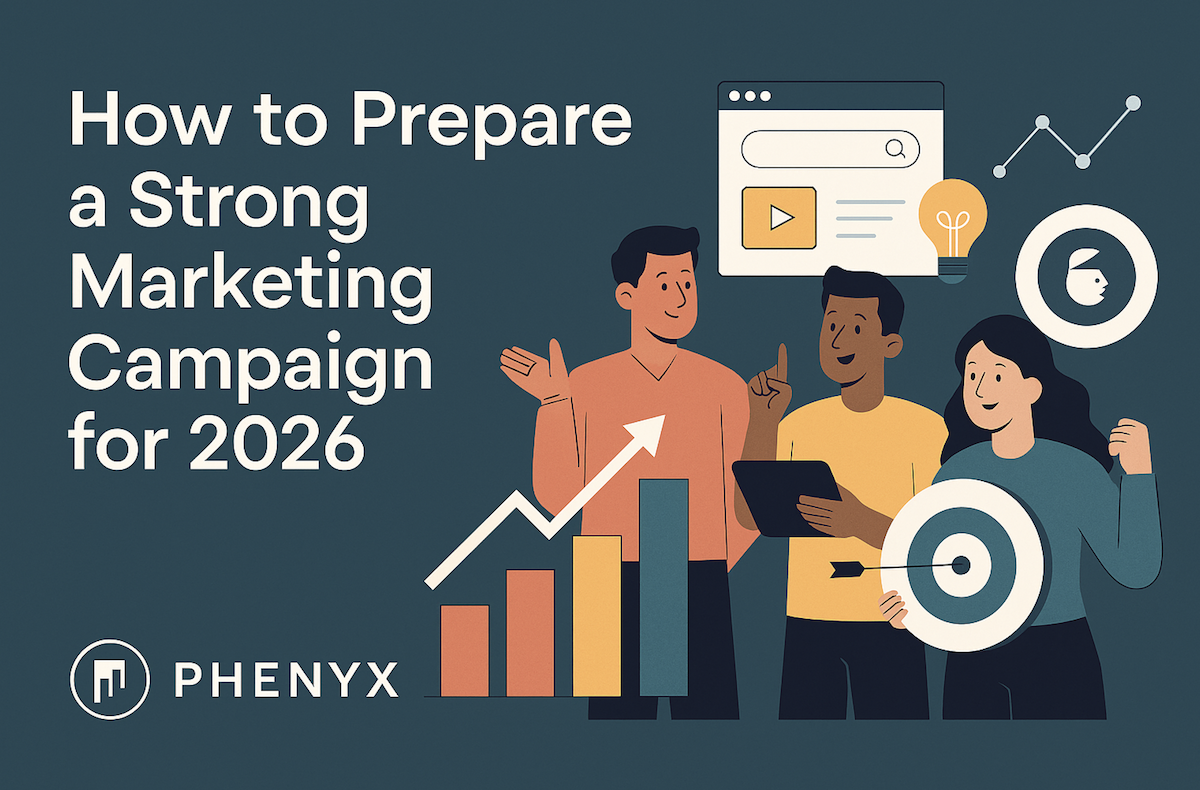
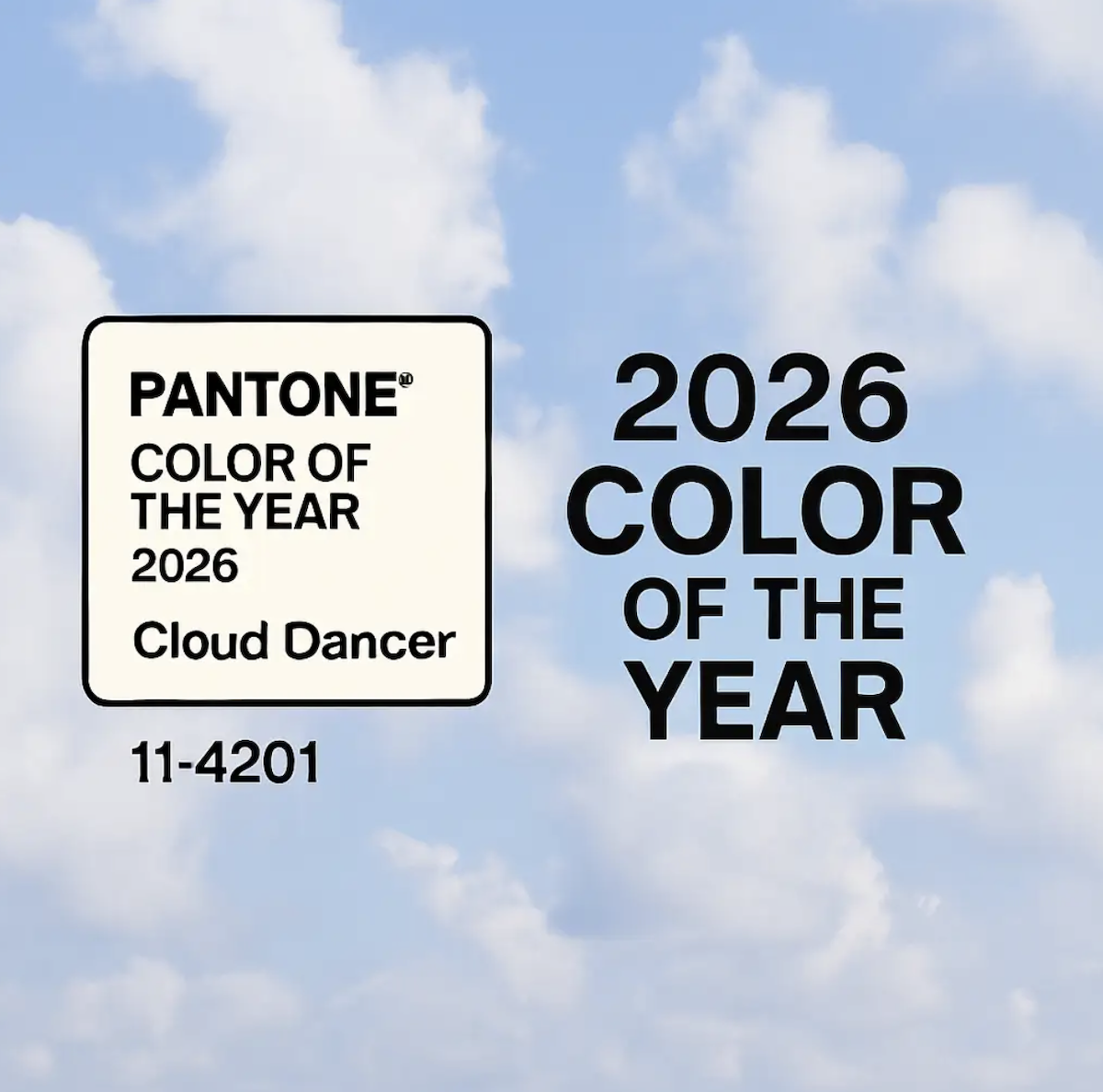
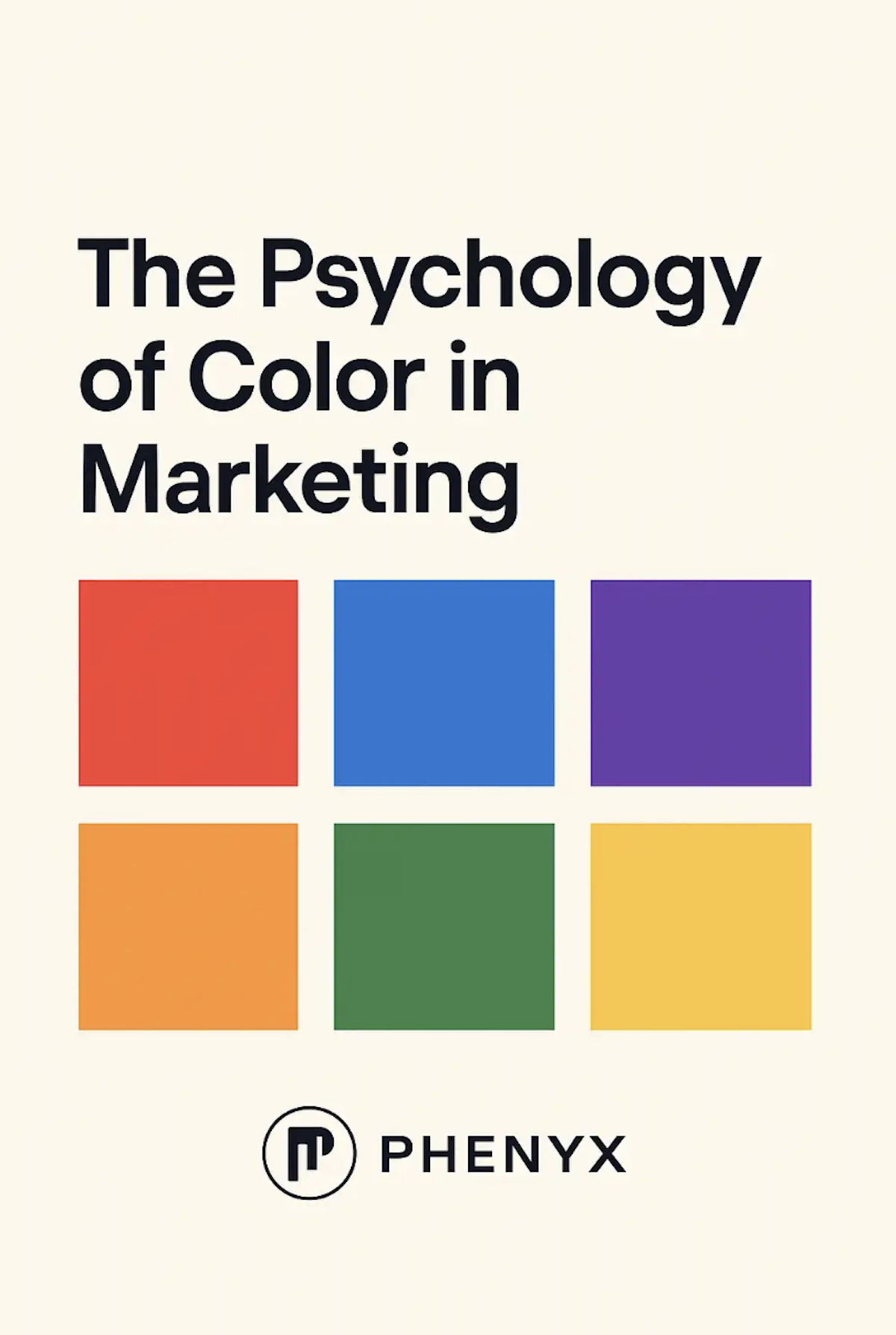
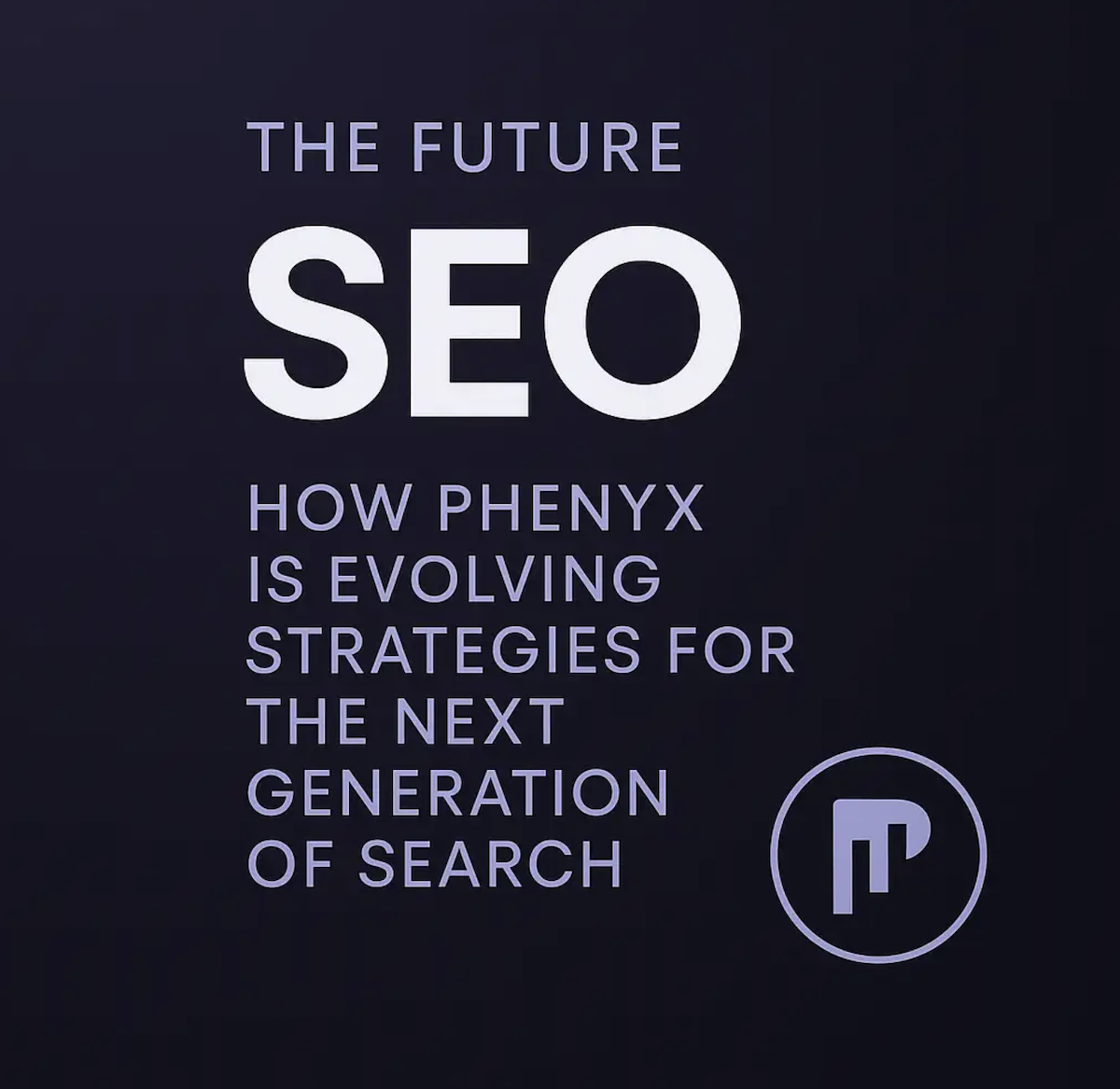

%20(2).svg)
%20(1).svg)
